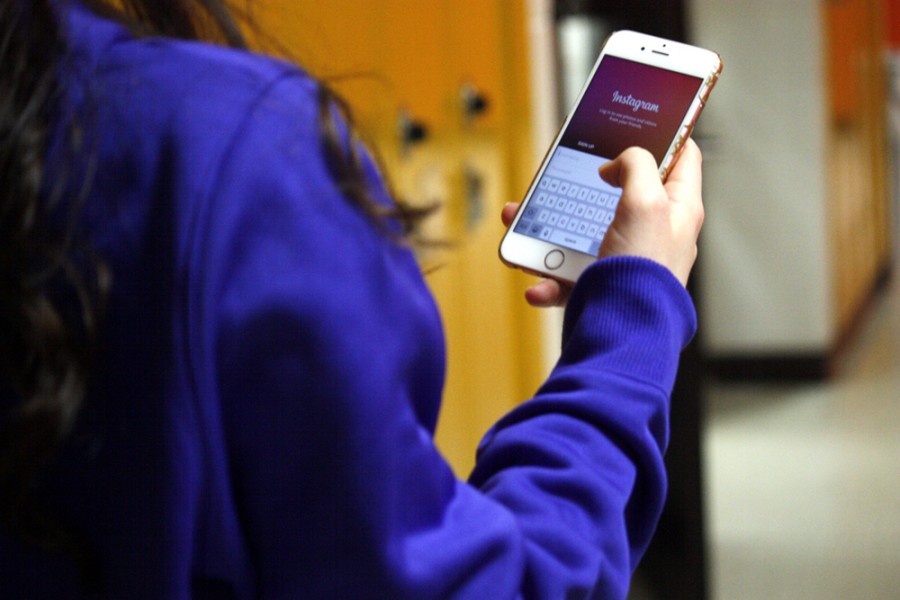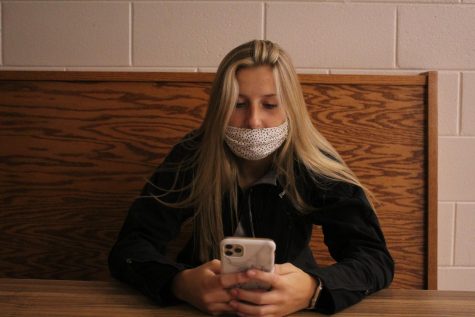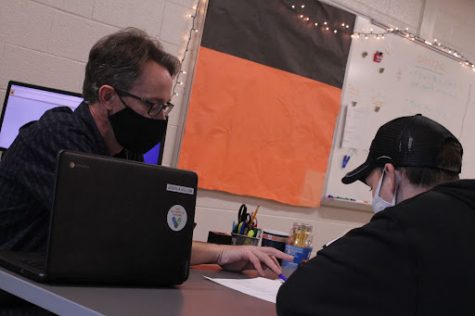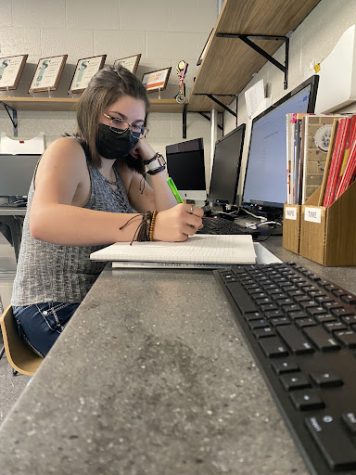The trick behind social media
What websites don’t want people to know
Waking up early on a wintery school day, the morning sky darkens sophomore Cami Ford’s whole bedroom. Before school is even a thought for Ford, she reaches for her phone tiredly across her bed. When unlocking it, she thinks nothing of it, immediately going to her social media apps, unaware of the trap she may be pulled into.
“I spend about two and a half hours on social media a day,” Ford said.
Every second spent on social media is another second a hacker can track somebody down.
It takes a hacker only 3.5 minutes to guess an eight-letter password to any social media account, according to multiple websites about security, like blog.bit9.com.
Many people don’t even care to read the privacy policy when signing up for an Instagram account. Instagram claims in the third section of their privacy policy that they aren’t allowed to rent or sell a person’s own personal information, but then three paragraphs down Instagram’s privacy policy states, “We also may share your information as well as information from tools like cookies, log files, and device identifiers/location data with third-party organizers.” Instagram tricks users into thinking something false they had no clue about. Yet, some students feel that what they post online is their responsibility and it is up to them what happens with their content.
“They have the right, and if I didn’t want someone at my work or family to see what I said then I shouldn’t put it where everyone can read it,” sophomore Allison Morabito said.
On Facebook, it is extremely easy to give out a lot of personal information and not realize it.
Some students are unaware of what can be found out about them online.
“I don’t think that anyone can find out my personal information on social media,” Ford said. People update where they go on a daily basis on Facebook. They say where they went to high school and say which town they live in, but they don’t realize kidnappers can easily find and snatch them up the second the sky turns dark at night.
The National Center for Missing and Exploited Children reports, “Nearly 800,000 children are reported missing each year.”
Only 57 percent of those 800,000 missing children come back home a year. The other children are less fortunate.








